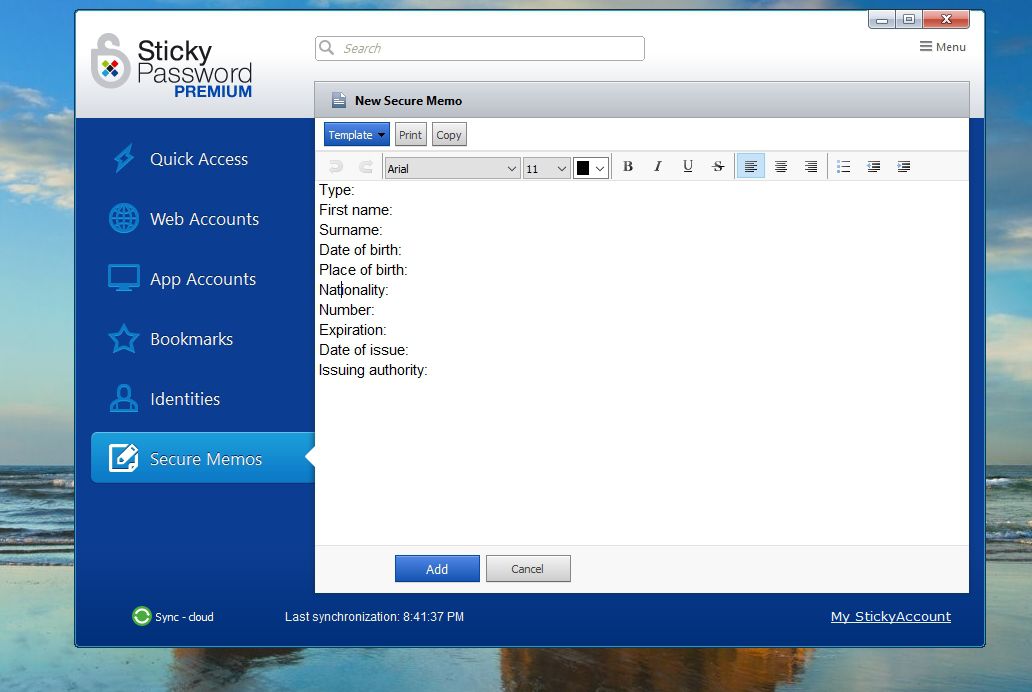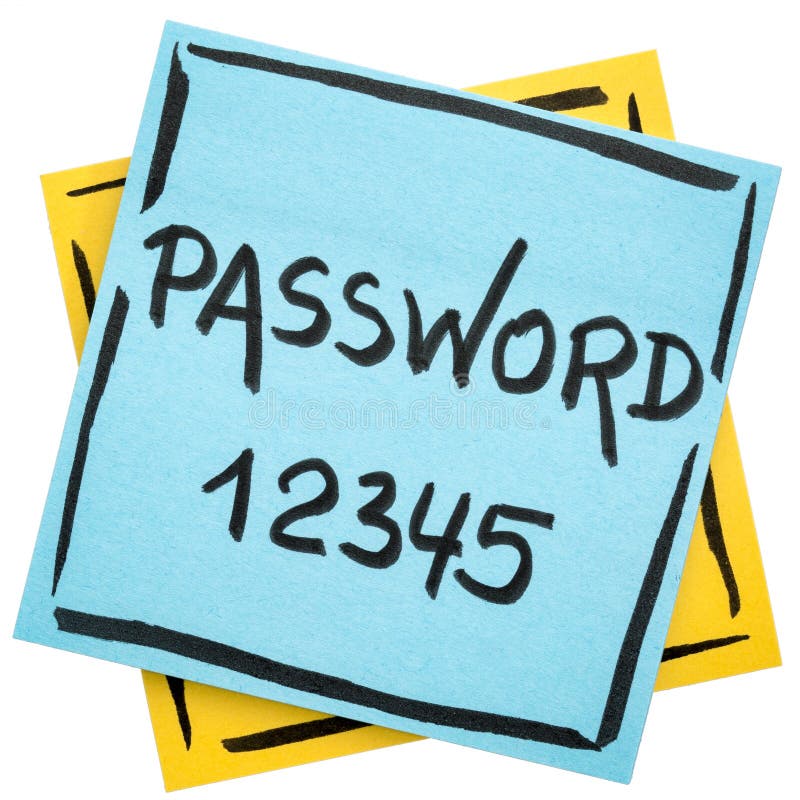

Software companies and hardware manufacturers are essentially removing passwords as an option for multi-factor authentication. Many of our clients use physical security tokens to confirm identity for login. You might use email links already if your organization uses Slack. These identifiers are things like email links, biometrics, and physical security tokens. It replaces passwords with secure identifiers that are easier for users to use securely. The security industry has developed passwordless to authenticate people's identities better. Does passwordless replace two and multi-factor authentication? According to CNET, there were 1,862 data breaches in 2021, a 68 percent increase from the previous year. On the other side of the screen, cybercriminals have gotten better at cracking passwords-putting personal and business data at risk. Passwords are challenging for people to use securely, hence the sticky note of passwords. Passwordless is the industry's answer to the fact that traditional alphanumeric passwords have always had their challenges. The rise of cybercrimes, including phishing and ransomware attacks, has expanded the cracks in traditional authentication systems and spurred the adoption of a new way to log in - passwordless. Passwords have been part of computer and mobile phone use for years, but their time is coming to an end soon. We might cringe at the idea today, but it was a simple (and often mocked) solution for the growing number of login credentials that consumers and business users created for new platforms and services. The password note was the go-to low-tech way to manage multiple passwords and other authentication credentials before the days of password managers like 1Password and LastPass. It's important to remember that following proper security guidelines in a work-from-home environment is just as critical as in an office environment.We're not saying it was you, but we've all known someone who kept a sticky note with their passwords next to their keyboard. The lack of cybersecurity hygiene not only puts the individual at risk, but can also present a wide range of negative consequences for their organization. "As most employees work from the comfort of their homes, they have become too comfortable with how they create, store and then share these passwords with family and colleagues. "The transition to a remote working environment has led to even more reckless password management practices, which is very worrying," said Darren Guccione, CEO and Co-Founder of Keeper Security. Nearly half of respondents (46%) report that their company encourages sharing passwords for accounts that are used by multiple people.įurthermore, around 32% have admitted to accessing an online account belonging to a previous employer, which is a clear indication that many employers don’t disable accounts when employees leave the company.

The survey finds that often poor password management practices extend from the top.

On top of all this, the passwords too are usually weak and easy to guess, with 37% of the respondents using their employer’s name, significant other’s name or birthday in a work-related password.Īnother example of poor password management is that 44% employees admit to using the same password for both personal and work-related accounts.Īnd it’s not just the employees. The most popular digital means of storing the password though is the phone, with 55% of the respondents choosing to make a note of their work-related passwords on the device that’s easy to break into, or get stolen. A higher number (51%) just simply bung the password in a document that’s saved on their computers. For instance, 49% of the respondents save work-related passwords in an unencrypted document in the cloud. The report has several evidence of such poor password security practices.


 0 kommentar(er)
0 kommentar(er)
